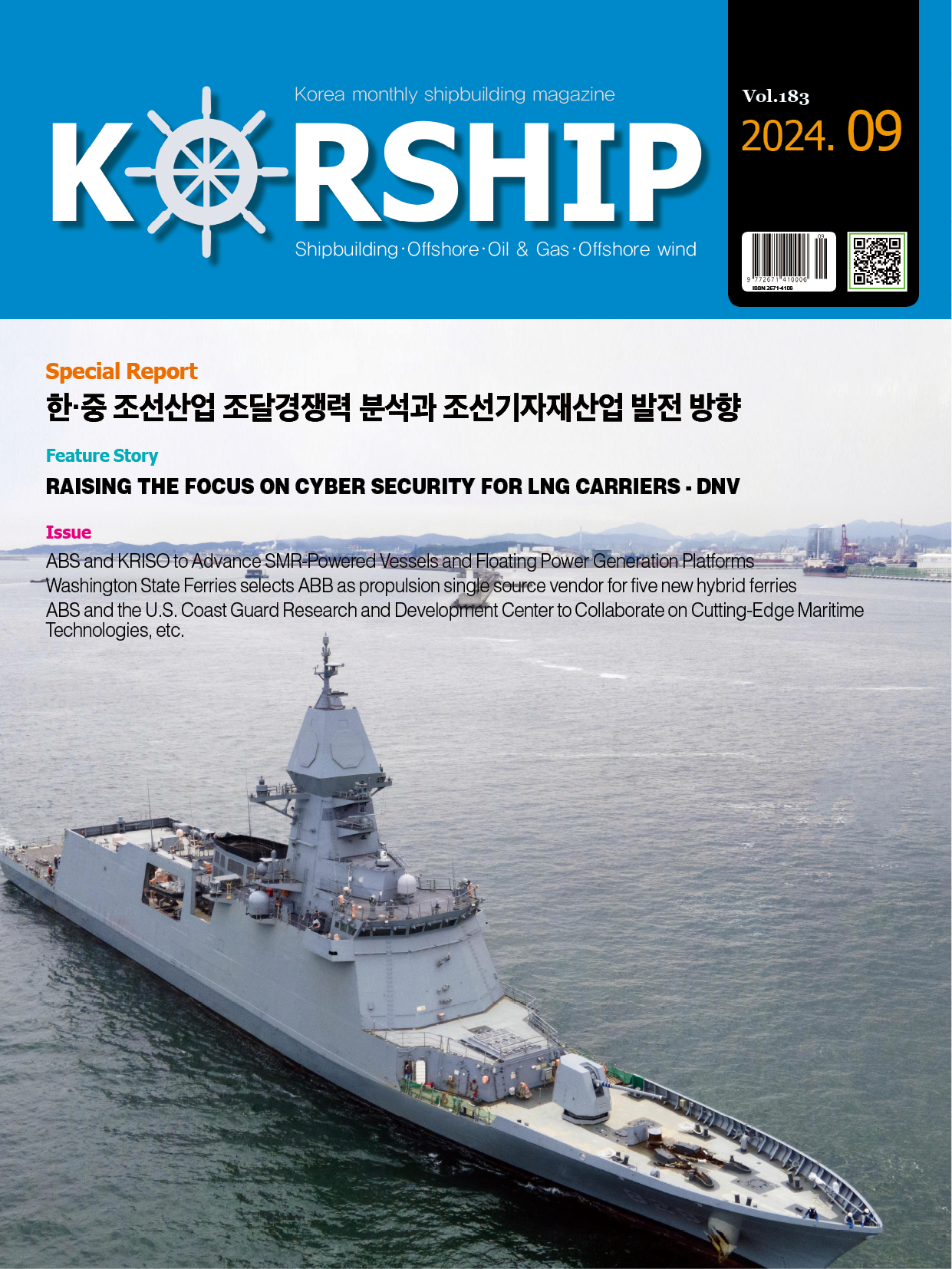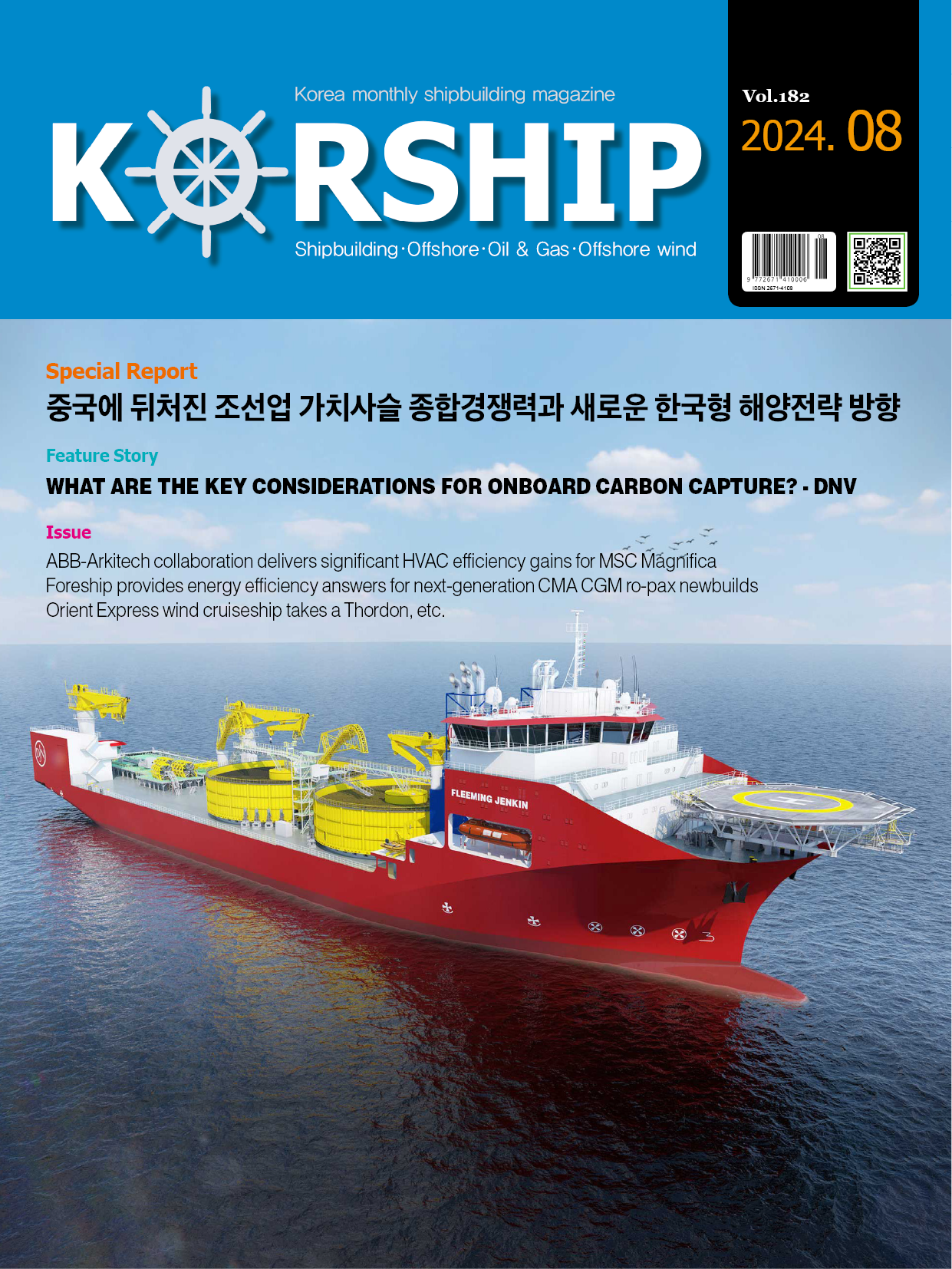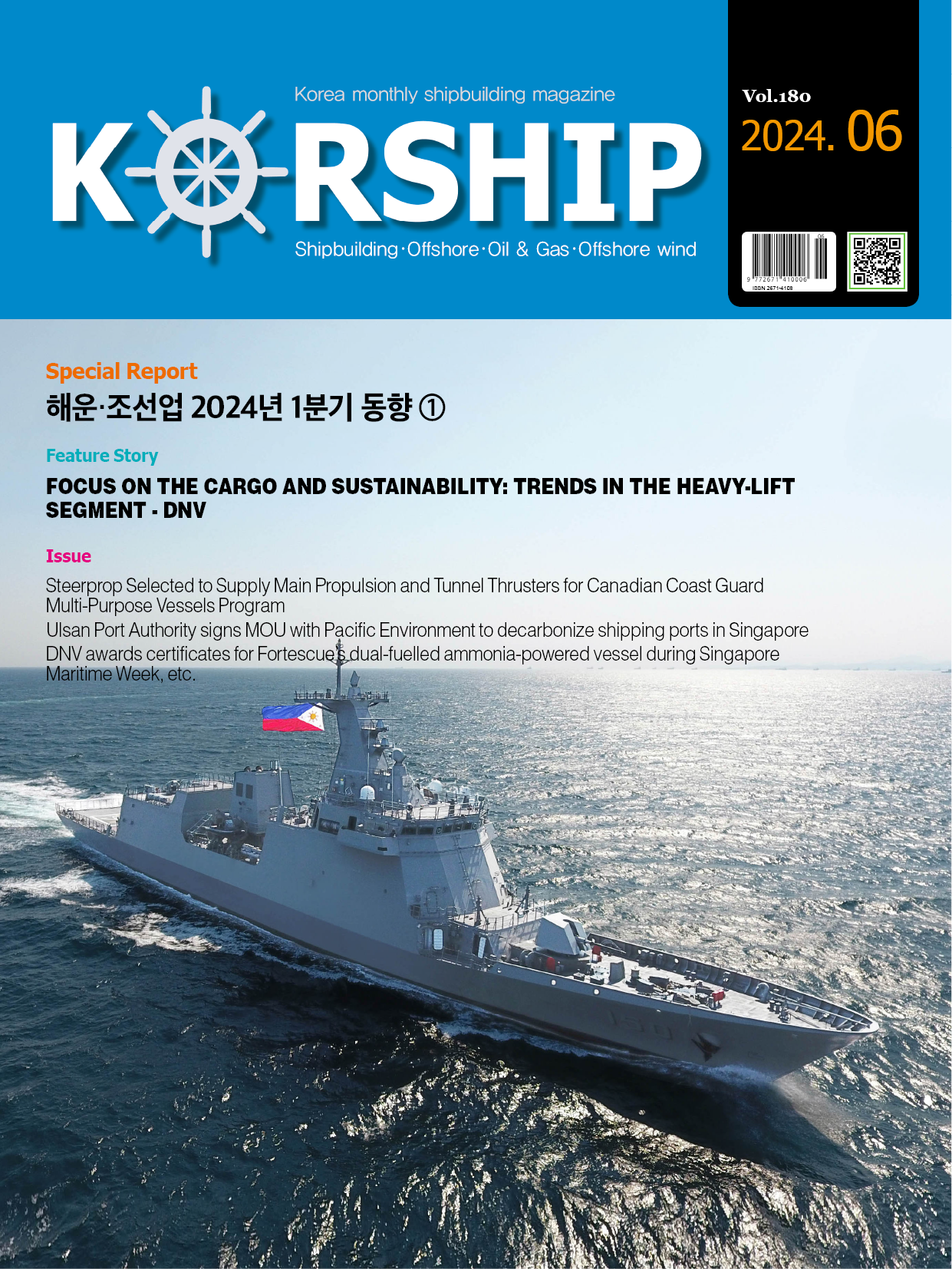ETC Clean Energy Strategy and the Cost of Compliance in Focus at the ABS S…
페이지 정보
작성자 최고관리자 댓글 0건 조회 1,079회 작성일 24-04-16 13:08본문
Clean energy strategies and the impact of market-based measures on the cost of compliance led the discussion at the annual ABS Southeast Asia Regional Committee Meeting.
Maritime leaders from Singapore and across Southeast Asia heard a detailed briefing on the latest regulatory developments, including the transformational potential of the European Union’s Fit for 55 program that includes an emissions trading system and FuelEU.
“We need different ways to approach decarbonization, not just through the lens of a CII rating. In the case of FuelEU, there are market-based measures based on well-to-wake emissions, not just what’s on a vessel. So, the strategy now is focused on how to apply sustainability practices to the whole fleet, not just an individual ship, to maximize incentives and reduce the cost of compliance,” said Christopher J. Wiernicki, ABS Chairman and CEO. “ABS is well-positioned to support our clients, and we are built to operate in this emerging sweet spot of safety, technology and regulation.”
While there is no clear path to meet 2050 decarbonization targets, Wiernicki outlined how cleaner fuels, energy efficiency retrofits and data optimization to improve voyage performance were going to be key decarbonization strategies in the next phase of the global energy transition.
Teo Eng Dih, Chief Executive of the MPA, delivered an update on the MPA’s decarbonization and sustainability programs. He said: “We had a record three billion gross tons of vessels coming through our port last year. As a multi-fuel hub, we continue to provide the various fuels needed by vessels to meet 2050 milestones. Collaboration and partnerships are an important area as we need to work together to develop the standards to support digitalization, cybersecurity and decarbonization.”
Wiernicki praised the MPA and government of Singapore for providing an example of new public-private partnerships that are advancing sustainability programs and providing a heavy assist to industrial partners.
Tan Beng Tee, Executive Director of the Singapore Maritime Foundation(SMF), provided an update on talent development in Singapore. She said: “We are igniting passion for the maritime industry with a comprehensive engagement program that includes everything from scholarships and internships to case study competitions and an online job portal. By working together with parents, industry, government and universities, we can attract and retain the people we need collectively for the future.”
ABS is the number one Class in Singapore and the South Pacific with a leading orderbook position. Wiernicki also updated the members on ABS’ impressive fleet safety performance, which underpins its focus on safety and its mission. The ABS fleet has grown to 289 million gross tons and has secured the number one position in the global orderbook share.
ABS’ Singapore office, one of the largest offices in the company, is also home to the new global ABS Electrification Center to support maritime decarbonization projects. Additionally, Singapore is home to one of the five global ABS Sustainability Centers, supporting marine and offshore clients with comprehensive decarbonization and sustainability solutions and is also home for the ABS Global Simulation Center that provides clients with a virtual representation of an asset that ABS engineers use to analyze, configure and test in a safe and cost-effective way.
Committee members also received updates on other sustainability subjects. For shipping to reach net-zero carbon emissions, vessels will need to employ energy efficiency technologies such as retrofits with lower friction coatings in combination with carbon capture technologies and the adoption of biofuels.
In the offshore market discussions, members heard how ABS is supporting increased innovation through renewable energy technologies and industry-leading initiatives for the offshore launch and recovery of rockets and satellites.
From the technology sector, members heard how ABS is pioneering adoption of digitalization technologies such as augmented reality, machine learning and autonomous operations.
The Committee meetings are a forum for ABS members, including owners, operators, charterers, and industry representatives from flag Administrations, owner associations, and the shipbuilding and insurance sectors, to come together with ABS leaders and discuss industry issues and developments. These forums are an important part of an ongoing dialogue with the industry to address technical, operational and regulatory challenges.
■ Contact: ABS ww2.eagle.org
- 이전글MacGregor has received a large order for cranes to be installed onboard a state-of-the-art cable layer due delivery from global shipbuilder VARD 24.04.16
- 다음글Skills, Regulation, Fuels, Technology, Data and Safety: Shipping’s Net Zero Challenge Explored at Inaugural Seatrium Visiting Professorship Lecture 24.04.16












